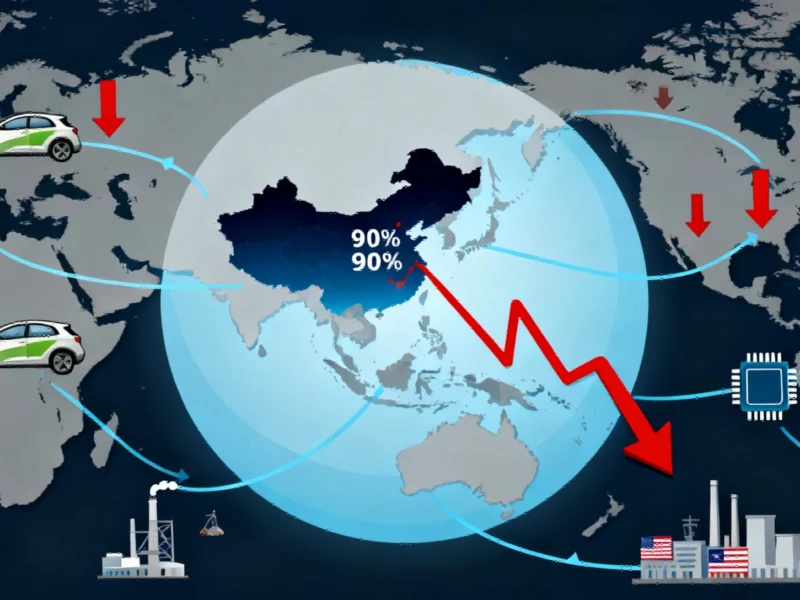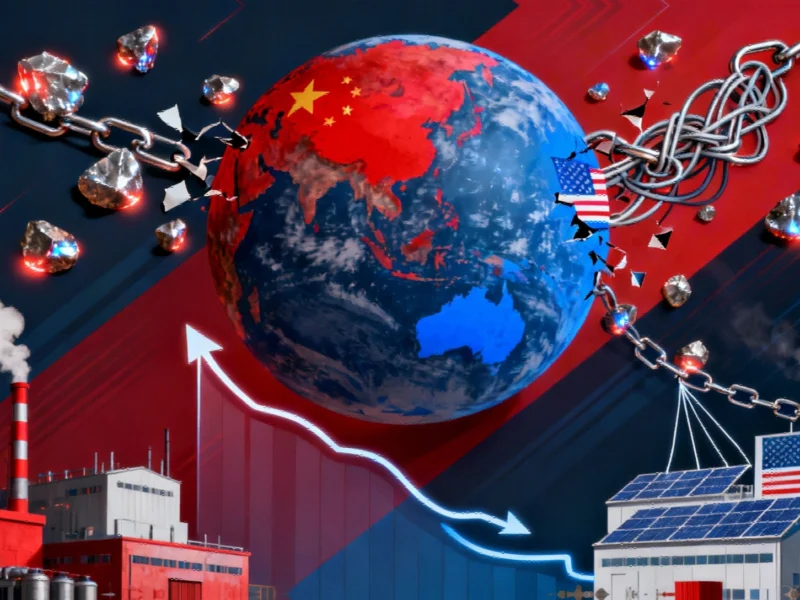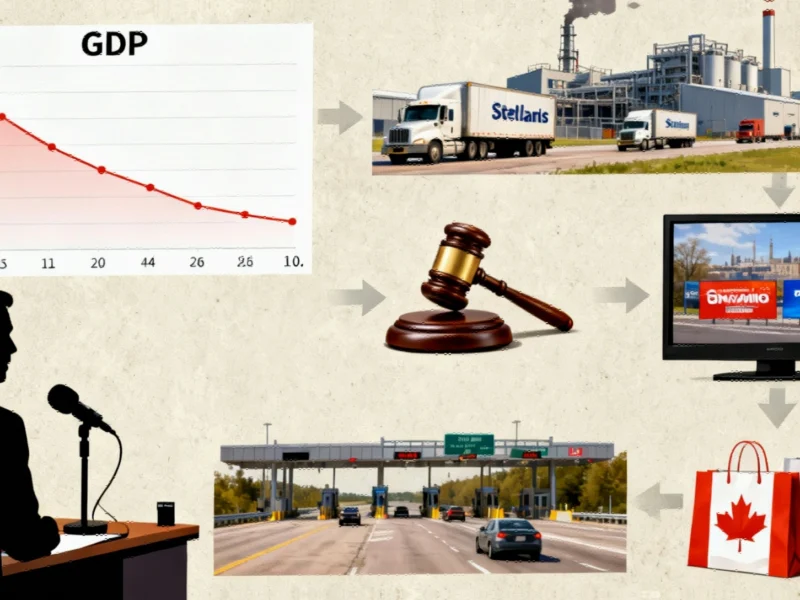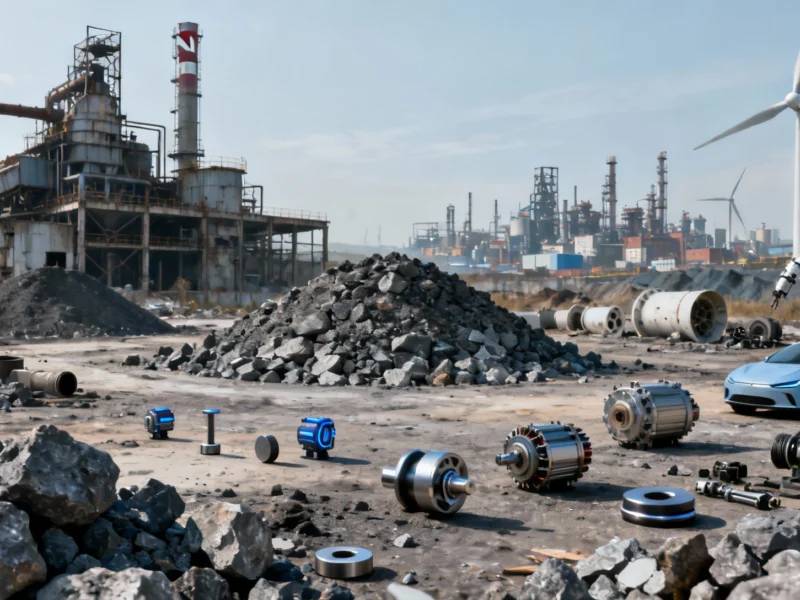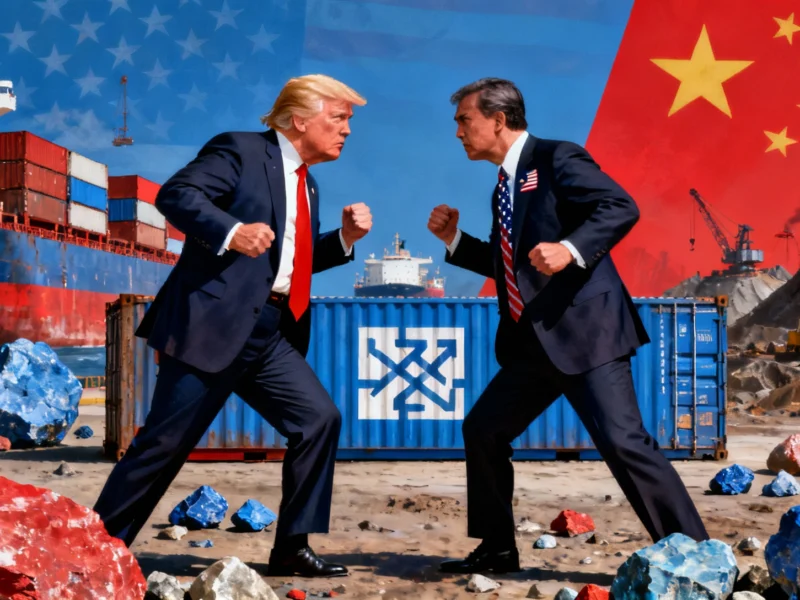China has announced its strictest export controls on rare earth materials to date, according to reports. The move could significantly impact electric vehicle, semiconductor, and defense industries globally, analysts suggest.
Escalating Trade Tensions Impact Global Markets
Recent developments in the ongoing US-China trade war have triggered significant market reactions, according to financial reports. Following China’s announcement of strict export controls on rare earth materials on October 9, Washington reportedly responded with 100% additional tariffs on Chinese imports. Market responses were immediate, with the Dow Jones falling by almost 900 points and the S&P 500 declining 2.7% after last Friday’s closing, according to market analysts.
